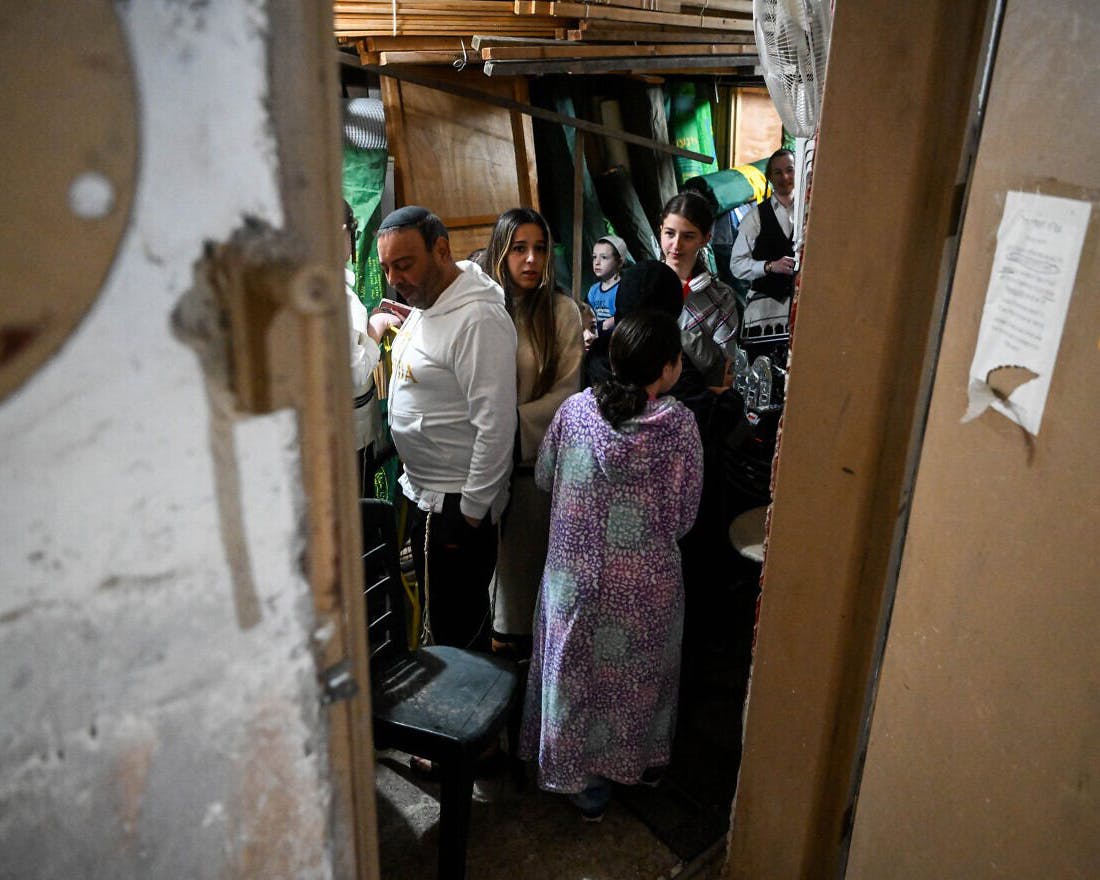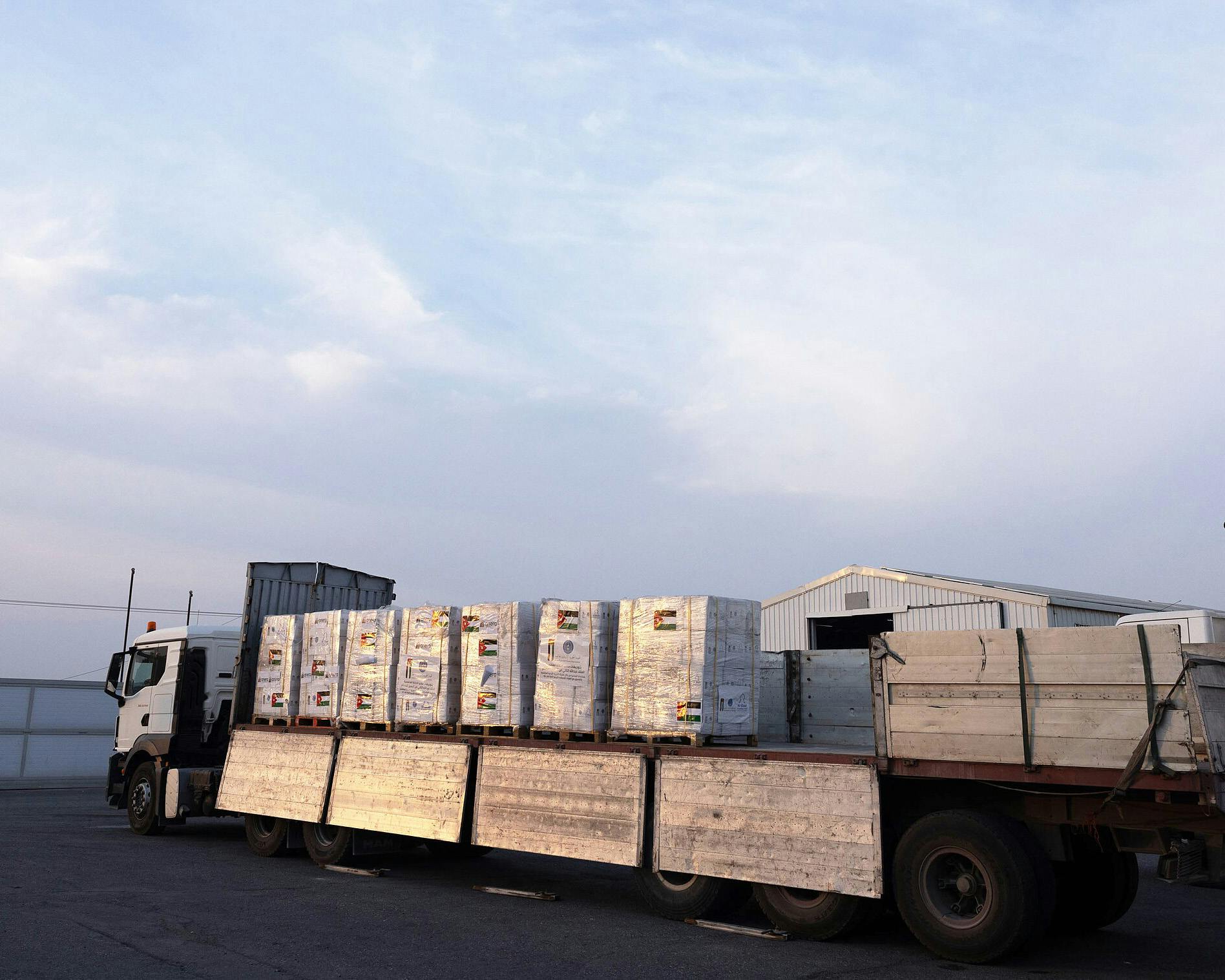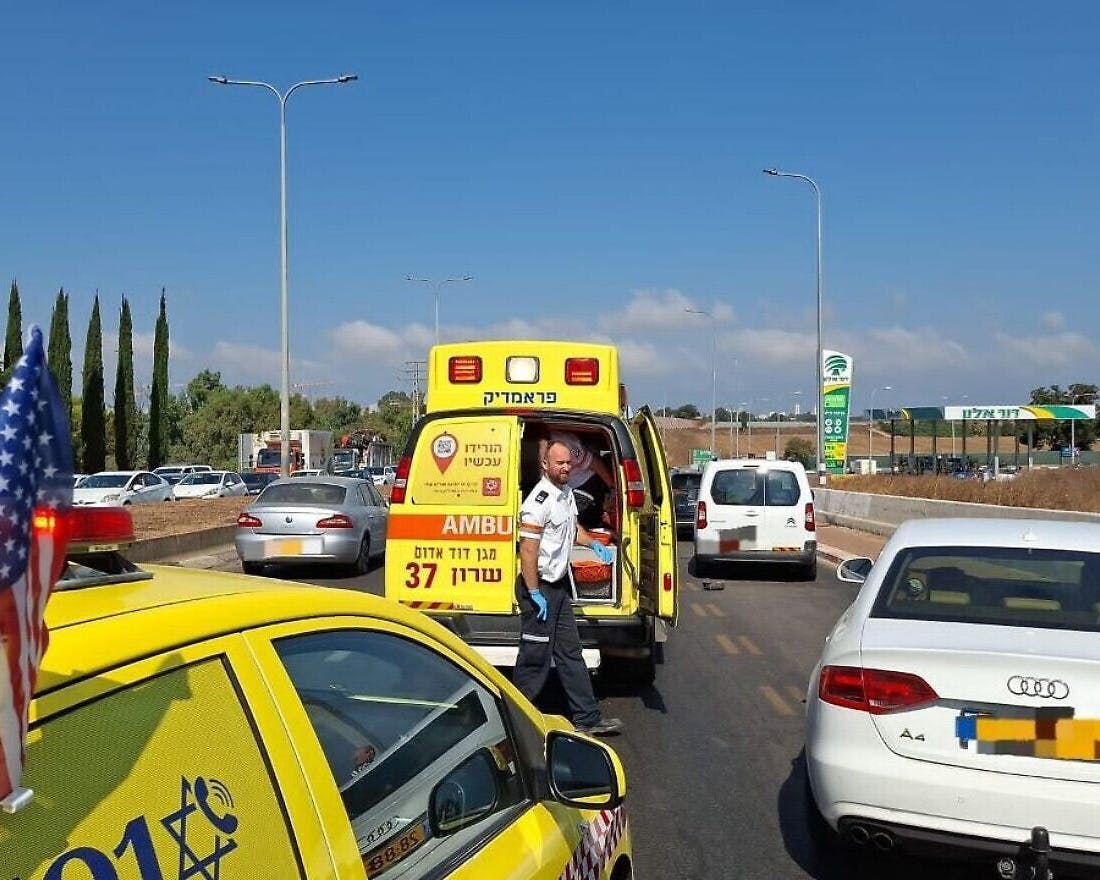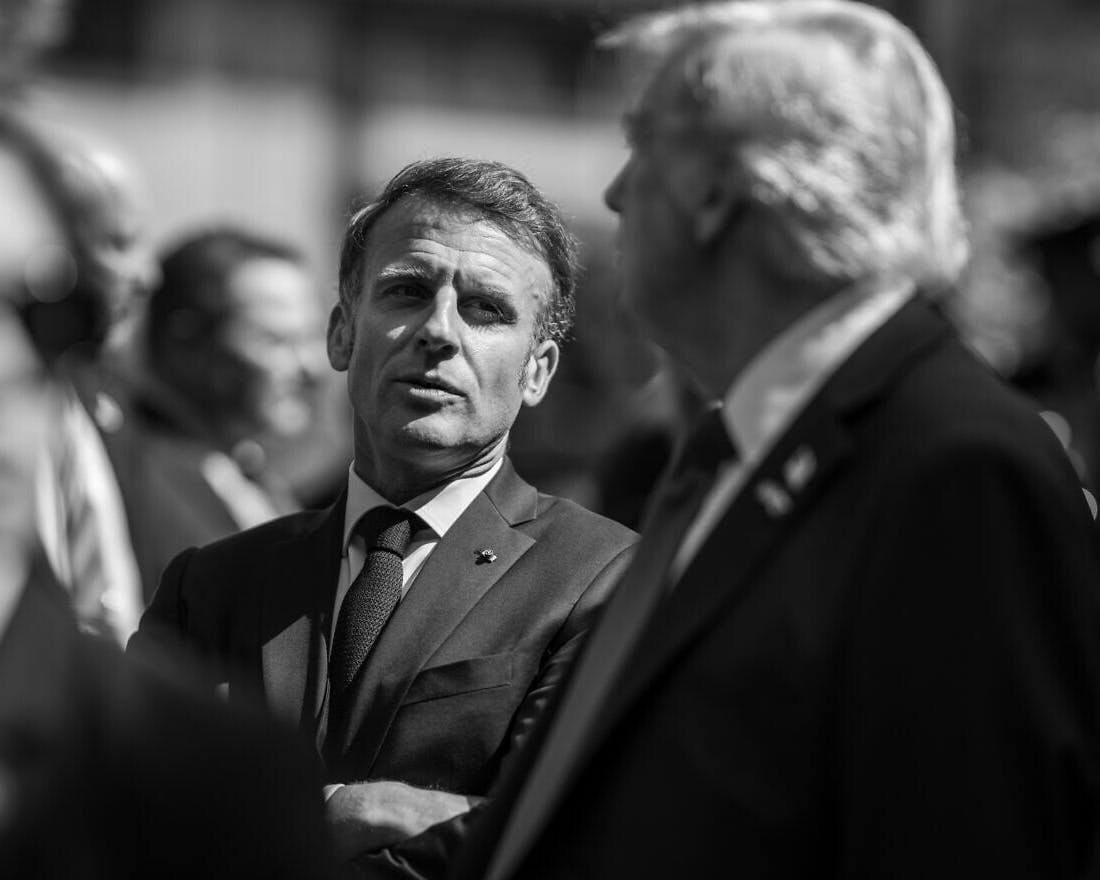A Strange Calm

Wednesday, 16 July 2025 | I landed in Israel with a purpose. It was meant to be the fifth press delegation I would lead as part of my work with the American Middle East Press Association (AMEPA), which I joined just a few months after the Hamas-led terrorist attacks on October 7, 2023. The plan was to bring a group of US journalists to hear directly from Israeli officials, civilians and first responders to see what most don’t, and to report with the context and clarity that comes from being there.
Instead, less than 24 hours after I arrived in the country on June 12, a Thursday, the mission was canceled. Iran was threatening a direct attack. My colleague let me know it was off. I remember reading the message, thinking: I’m not going anywhere. I’m stuck. Better buckle up.
And buckle up, I did, because that day would test me in ways I could never have imagined.

At 3 a.m. on Friday, I was jolted awake by a deafening siren. It wasn’t the sound of incoming missiles; it was a national warning alert. Israel had just launched a preemptive strike on Iran. The message was clear: The country was at war.
In my disoriented state, I did what you’re not supposed to do—I ran outside. I wasn’t thinking straight, part-adrenaline, part-disbelief. I wanted to see what was happening, to make it real. But there was nothing to see—just a still Jerusalem night and the echo of the siren ringing in my ears. No missiles had come yet, though I understood they could. And probably would.
The hours that followed were a blur of messages, contingency plans and growing unease. As the day stretched on, however, I began to absorb a different rhythm—one of local resolve, community and a strange calm amid clear tension.
That night, I was invited to Shabbat dinner at a friend’s home. It was one of those gatherings that feels sacred: a welcoming table full of food, coupled with warmth and laughter. Not long after we’d begun the meal, a siren again pierced the air. This time, I didn’t run outside. I followed everyone calmly—wine glasses in hand—into the mamad, the reinforced safe room often standard in Israeli homes.
We finished dinner in that concrete room—laughing, toasting and talking like it was an extension of the dining room. Because for Israelis, it is. What struck me most was how normal it felt to them. No panic—just ritual, resilience and a deep sense of community.
By midnight, I had gone from clueless to practiced. I knew where the safe rooms were. I knew what to pack in my pockets. I knew to keep my phone charged. What I didn’t expect—what no briefing ever prepares you for—was the togetherness that arises in the middle of chaos.
I saw both ends of the emotional spectrum: the raw fear of being woken into a war I couldn’t control, and the spiritual calm of sharing challah and wine in a bomb shelter with people who chose joy under threat. Strangers became friends. Fear transformed into connection.
Eventually, it became clear that I needed to evacuate. But leaving wasn’t easy. I routed through Amman, Jordan, despite warnings from US and Israeli officials that American and Jewish travelers were vulnerable there. From the moment I crossed the border, I felt it. I kept my head down. I texted my family. I prayed.
Then came Qatar. At Hamad International Airport, the US embassy issued a “shelter in place” directive. Iranian missiles had just struck near the Al Udeid Air Base, just miles from where I stood and where US troops are also stationed. Flights were canceled. Airspace was closing. I boarded one of the last planes out before Qatari airspace shut down.
Throughout the ordeal, I had my “evacuation buddy”—a colleague, friend and person I can lean on in the most vulnerable moments. We checked in constantly, shared updates, and managed to laugh at the situation now and then. The bond we built during that time is unlike anything I’ve experienced.
Now, back home, I find the trauma catching up to me.
On vacation with my family in Portugal, I was awakened again at 2 a.m. by a Red Alert app warning of a Houthi missile targeting Israel. It wasn’t near me, but my body didn’t know that. The panic was instant, as if I were back in Jerusalem that Friday at 3 a.m. The next morning, I deleted the app. I realized that I didn’t need to carry the war with me anymore.
Loud sirens and sudden noises jolt something in me that wasn’t there before. I look for exits now. I feel fear more quickly—and gratitude more deeply.
Because, above all, I’m grateful.
Grateful for my family. For the Israeli people who live with strength and grace. For those who reached out to help. And for the new friends I met while sheltering in place, sharing moments that I will carry with me long after this war fades from headlines.
The opinions and facts presented in this article are those of the author, and neither JNS nor its partners assume any responsibility for them.
(This article was originally published by the Jewish News Syndicate on July 15, 2025. Time-related language has been modified to reflect our republication today. See original article at this link.)
Related Resources

Discover Your Purpose and God’s Heart For You
In today's divided, turbulent world, it's essential for the Church to rediscover God's heart. Our free e-book, authored by a seasoned expert with three decades of experience in Israel, delves deep into the teachings of Jesus (Yeshua) to reveal God’s principles of love and purpose. Learn how embracing these truths can bring significance and impact to your life, even amidst chaos. Subscribe now to receive your free copy and embark on a journey of transformation.




